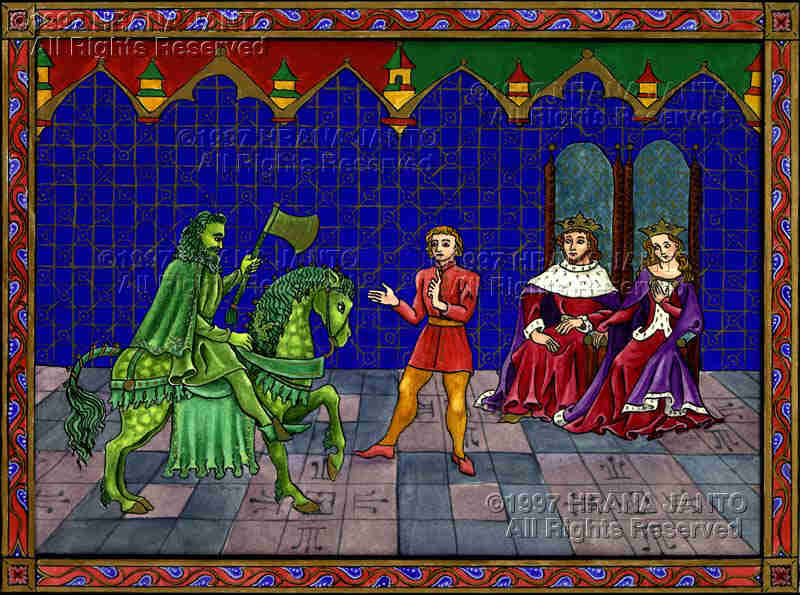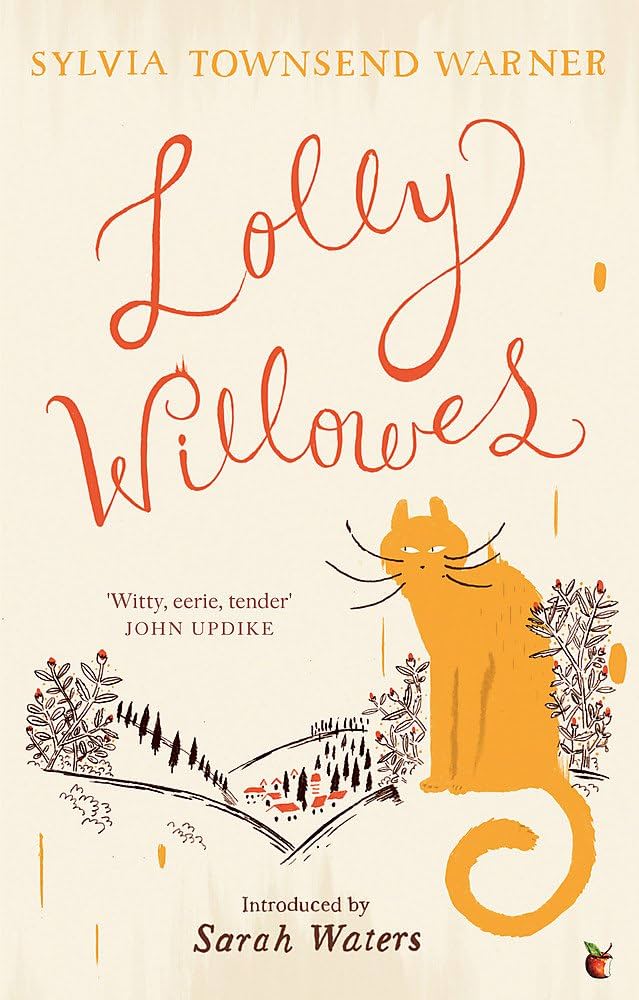Those who only know the Tin Woodman from the movies are likely unaware that in the original fourteen Oz books, his origin story is the most messed-up, horrifying thing you can imagine.
And his ultimate fate is even worse.
And his ultimate fate is even worse.

First, some context. In 1900, L. Frank Baum published his most beloved novel, The Wonderful Wizard of Oz, an American fairy-tale heavily inspired by Andrew Lang’s Fairy Books. He tried to end the series several times, but being in debt he was forced to keep writing. 

The first Oz book is very strange—much weirder than the movie, which sanitized its rougher edges. After melting the Wicked Witch, Dorothy and friends wander for several chapters through a land of porcelain people… 

… and the Country of the Quadlings, whose necks are like accordions, and who attack Dorothy by shooting their heads at her, in one of the more nightmarish sequences ever printed in a story for children. 

The thirteen sequels that Baum wrote in his lifetime are increasingly deranged. The second and third books inspired the 1985 film Return to Oz, which scarred a generation of children with its depiction of the Wheelers … 



… and the sinister Princess Mombi, who has a hallway full of human heads, and selects a different head to wear each morning. The movie bombed spectacularly during its initial run because folks weren’t ready for a faithful adaptation of the Oz books. 

Now for the Tin Woodman. We’re informed in the first book that he was once a REAL human named Nick Chopper. Nick fell in love with a Munchkin named Nimmie Aimee, and in anger the Wicked Witch of the East (the one squashed by Dorothy’s house) laid a curse on him. 

The curse was this: whenever Nick traveled into the forest to chop wood, he accidentally cut off a limb with his own axe. Before long he had lost his arms, legs, head and torso in this manner. Luckily, a kindly tinsmith named Ku-Klip fashioned him new body parts made of tin. 

One thing you have to understand about the Land of Oz is that within its borders, no one can die. Which is, in fact, horrifying, because you can explode or be cut into pieces and will continue to live, fully sentient and conscious, in that maimed state forever.
Strap in, because it gets MUCH weirder. In the twelfth Oz book, The Tin Woodman of Oz (1918), the Tin Woodman, now Emperor of the Winkies (the winged monkeys from the film), sets off on a journey to find what became of Nimmie Aimee and to ask her hand in marriage. 

As the Tin Man and Scarecrow travel through the woods, they discover a SECOND man made entirely out of tin, except this man is holding a sword instead of an axe. Captain Fyter, a soldier, had also fallen in love with Nimmie Aimee and lost his limbs to the witch’s curse. 

The Tin Woodman saves the Tin Soldier from rusting, and Fyter agrees to join him on his journey to meet their former love. See, after the Tin Man disappeared, Nimmie had fallen in love with Fyter—and now they’re both eager to know which of the men she’ll choose.
After numerous detours, including getting (briefly) turned into an owl, the Tin Man arrives at the cottage of Ku-Klip the tinsmith. There, I kid you not, he finds his OWN former head in a cupboard. The head wants nothing to do with him, and tells him to go away. 

The Tin Man and the Tin Soldier keep traveling. Eventually they meet Nimmie, who—and I can’t believe I’m writing this—is now married to a creature named Chopflyt, *who was built from the discarded body parts of the Woodman and the Soldier*, glued together.
After Dorothy smushed the Wicked Witch, Nimmie was free to marry. And, as it happened, Ku-Klip had taken the Woodman’s dismembered limbs and used “meat glue” to join them with Fyter’s body, creating a godless horror with whom Nimmie instantly fell in love. 

As someone else put it, “The Tin Man’s girlfriend left him **for a man built out of his own corpse.**” You can drive yourself mad trying to think through the implications. Is she married to both of them, in a sense? Or to an appalling third thing? Remember, this is a kid’s book. 

That’s the story of the Tin Woodman. And I haven’t even mentioned some of the other Baum-penned sequels, like the one where Dorothy travels underground and is captured by the Mangaboos, who sentence her to be executed via man-eating plant… 

… or the Hungry Tiger, who longs to eat a fat human baby, but can’t because his conscience won’t allow it. Or the time the Emerald City is conquered by an army of young women with knitting needles. At one point, Toto develops human speech! 

There’s also the fact that Baum was deeply feminist, that Oz is almost always ruled by a woman, and that the most beloved character in the sequels, Princess Ozma, is transformed into a boy by a witch’s curse and then transforms herself into a girl. These books are fantastic.
Read the Oz books. Read them to your kids. Read them yourself, if you think you can stomach the horrors. L. Frank Baum had probably the most inventive imagination of any American author, and there’s no knowing what lurks around the next bend in the yellow brick road. 

• • •
Missing some Tweet in this thread? You can try to
force a refresh












